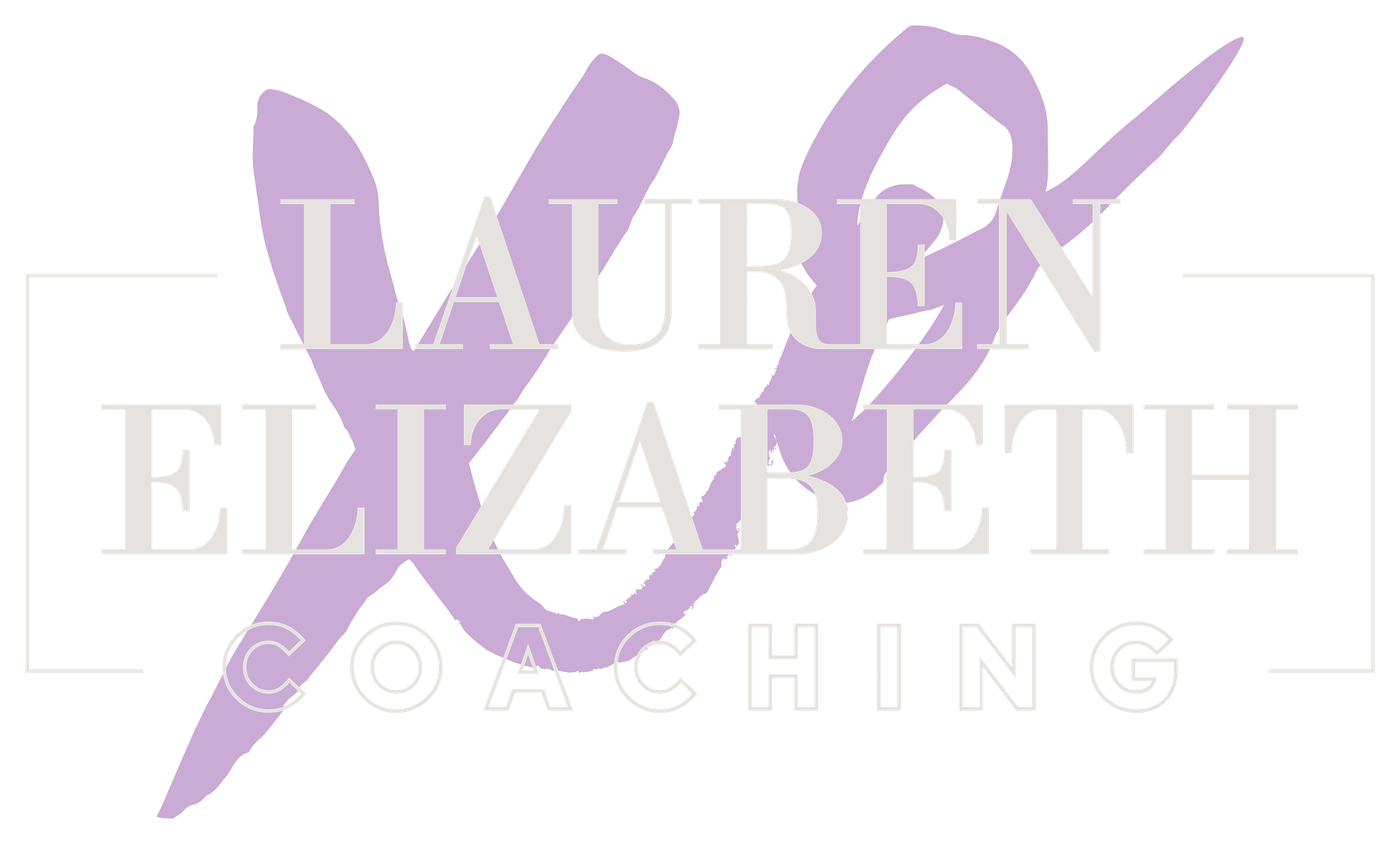Shame isn’t an emotion that supports our progress. It paralyzes us from taking real action.
It prevents us from learning.
It prevents us from connecting with others.
Shame prevents us from taking even the most calculated risks.
I learned all of this from Brene Brown, in her TedTalk “Listening to Shame”
In that 2012 talk, she says that shame is the gremlin who says, “Uh uh. You’re not good enough.”
Shame is the voice inside of us that awakens imposter syndrome, and it paralyzes us from taking action. It asks us “Who do you think you are?”
Shame kills our vulnerability.
And without vulnerability, we lose the courage it takes to be a changemaker.
Without vulnerability we cannot have the difficult conversations required to shift our culture towards justice.
So today, I want to ask the question that most people don’t want to answer.
How does shame come up for you?
For me, I find that shame is attached to parts of my experience that I have little to no control over:
The mistakes I have made in my past.
The privilege associated with my social identities.
The size of my body + my sexuality.
Everytime shame shows up, I plummet into a depressive states that prevents me from being the best version of myself.
I feel like I’m suffocating in a straight jacket and I can’t escape.
So on those days when I am feeling completely smothered in my own unworthiness, I seek to create an environment in which shame cannot survive.
How do I create this environment?
I reach out to the people in my community. I share my story with as much vulnerability as I can muster. And I acknowledge that even though I may be walking along a cutting edge with my work, I am not alone, even if it feels that way some days.
You see, as an online entrepreneur working to create new business systems that are rooted in social justice, sustainability, consent, and collective liberation, I often feel isolated.
My message asks people to look at how their own behaviors and beliefs might be causing harm, and that is triggering for folks. Especially for the white folks in my community of spiritual business owners.
Why is my message so triggering?
Because the work I do isn’t all about love and light. It’s about looking at how our behavior + beliefs might be causing harm to the very people that we are intending to help.
I’m holding space for the hard conversations. .
Because if we are going to talk about justice, we have to talk about injustice.
If we are going to talk about equality, we have to talk about privilege + white supremacy.
If we are going to talk about a better world, we have to look at our own consumer responsibility and environmental impact.
In order to have these conversations, we have to be willing to address our part in the problem, and for most of us, that brings up paralyzing shame.
And so we avoid the conversations. It’s so much easier to project the shame we feel on to anyone other than ourselves.
Because shame makes us feel worthless, unlovable, and powerless.
Which brings me to the next BIG lesson I’ve learned from Brene Brown. Shame thrives in silence, secrecy, and judgement.
If we don’t talk about shame, it grows.
But the more we are willing to talk about it, the less power it has over us.
And this is why I am so passionate about having these tough conversations.
This is why I want to support business owners in aligning their business with movements for justice.
Because when shame is addressed with empathy + compassion it is disarmed. And we are released from its bondage.
That freedom allows us to embody the radical change makers we were born to be.
So I will end this letter with an invitation.
If you’re feeling any shame about your ability to show up in alignment with movements for justice, and you’re ready to feel more confident about being a part of the solution, I would love to chat with you.
Click here to book a free discernment call and we will brainstorm ways I can support you, so you can make the impact that you are here to make.
Love + Liberation
Lauren Elizabeth

